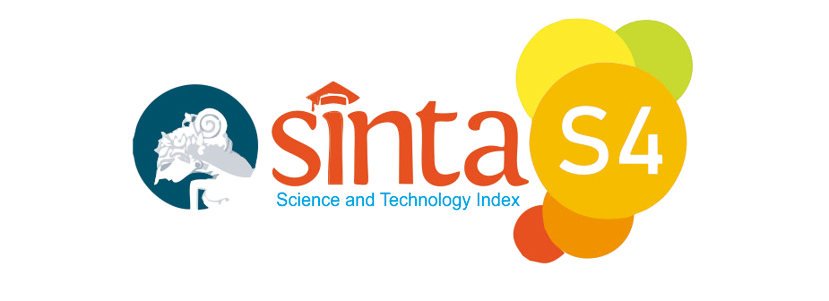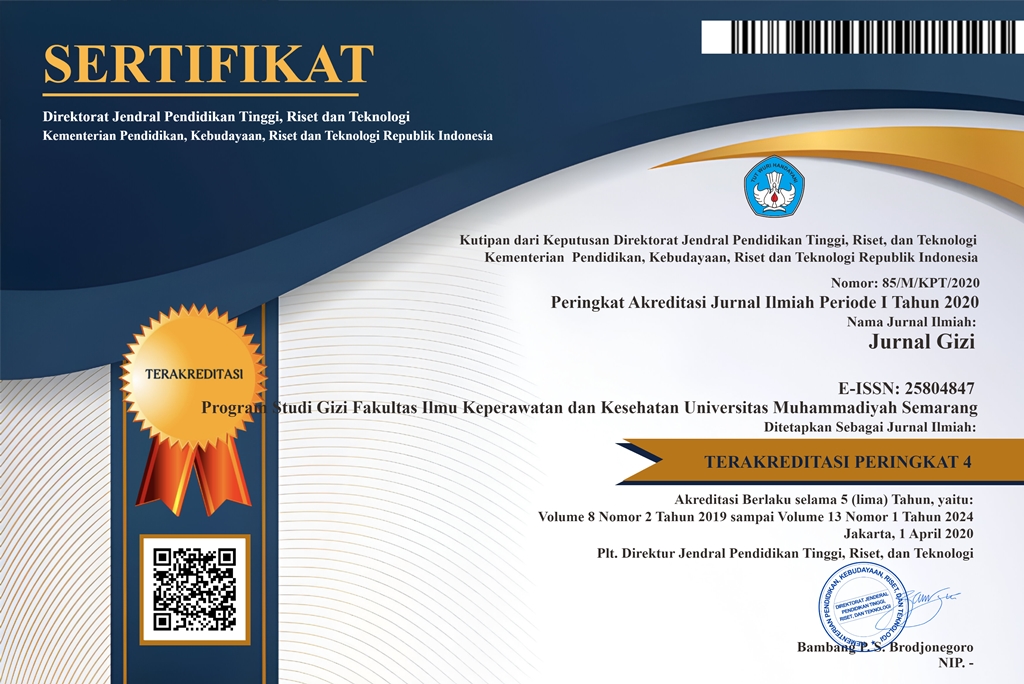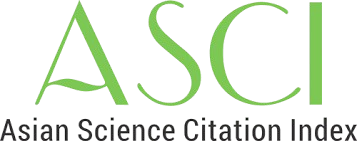Efek Antihiperglikemik Formula Daun Sirih Cina dan Jahe Merah: Studi Eksperimental pada Tikus Obesitas
(1) Program Studi Magister Ilmu Gizi Unimus
(2) Program Studi S1 Gizi Unimus
(3) Program Studi S1 Gizi Unimus
(4) Program Studi Teknologi Pangan Unimus
(*) Corresponding Author
Abstract
The prevalence of obesity continues to rise annually. According to the 2023 Indonesian Health Survey (SKI), the prevalence increased from 21.8% in 2018 to 23.4% in 2023. Obesity can lead to insulin resistance and elevated blood glucose levels. One approach to lowering blood glucose levels is through the administration of functional foods, such as a formula composed of Chinese betel leaves (Peperomia pellucida) and red ginger (Zingiber officinale var. Rubrum).
This study aimed to investigate the effect of a formula containing Chinese betel leaves and red ginger on blood glucose levels in obese rats. A total of 30 male Sprague Dawley rats were randomly divided into five treatment groups: a negative control group (K0) with no treatment; a positive control group (K1) receiving control feed and a high-fat, high-fructose diet (HFFD) for 14 days; treatment group P1 receiving Chinese betel leaf extract at a dose of 176 mg/200 g body weight (BW); treatment group P2 receiving red ginger extract at a dose of 231 mg/200 g BW; and treatment group P3 receiving a combination of Chinese betel leaf extract (88 mg/200 g BW) and red ginger extract (231 mg/200 g BW). All treatments were administered for 14 days, after which fasting blood glucose levels were measured.
The results demonstrated a significant reduction in blood glucose levels (p < 0.05) in the group receiving the combination formula (Chinese betel leaf 88 mg/200 g BW and red ginger 231 mg/200 g BW), with an average decrease of -53.42 ± 3.39 mg/dL.
Keywords: Chinese betel leaf, red ginger, blood glucose, obesityFull Text:
PDFArticle Metrics
Abstract view : 33 timesPDF - 25 times
DOI: https://doi.org/10.26714/jg.14.2.2025.114-134
Refbacks
- There are currently no refbacks.

This work is licensed under a Creative Commons Attribution 4.0 International License.
Diterbitkan oleh: Program Studi Gizi (D3 dan S1)
Fakultas Ilmu Keperawatan dan Kesehatan
Universitas Muhammadiyah Semarang
Sekretariat: Jl. Kedungmundu Raya No. 18 Semarang
Contact Person : Hapsari Sulistya Kusuma, S.Gz, M.Si (+62 85 6 41 536 553)

This work is licensed under a Creative Commons Attribution 4.0 International License.










.png)
.png)
_.png)